
Formula 4G: Singapore’s Lee injects young blood into ageing party in ‘major transition’
- Leader hints to ruling PAP that general election could be held as early as next year
- Citizens dismayed by exit of top deputy Tharman Shanmugaratnam, once seen as Lee’s likely successor
Singapore’s ruling People’s Action Party (PAP), led by Prime Minister Lee Hsien Loong, on Sunday unveiled a major shake-up of its top leadership before an expected handover of power by 2020.
Internal elections by the party saw five heavyweights including Lee’s popular deputy Tharman Shanmugaratnam – once seen as a potential successor – and Teo Chee Hean – another deputy prime minister – step down from the PAP’s Central Executive Committee (CEC).
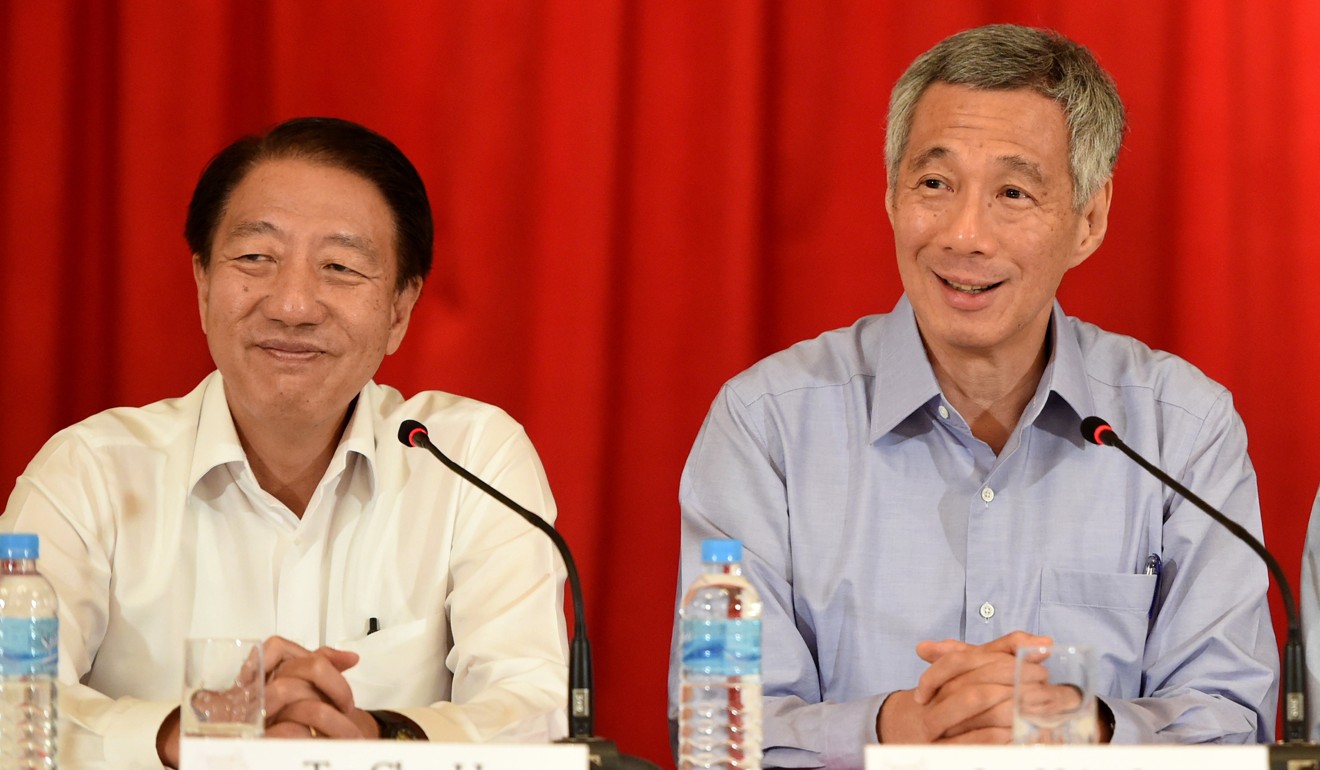
In their place, younger ministers referred to as the “4G leadership” took up spots in the decision making body in one of Asia’s longest ruling political parties.
Among the younger members were trade and industry minister Chan Chun Sing, 49, finance minister Heng Swee Keat, 57 and education minister Ong Ye Kung, 48.
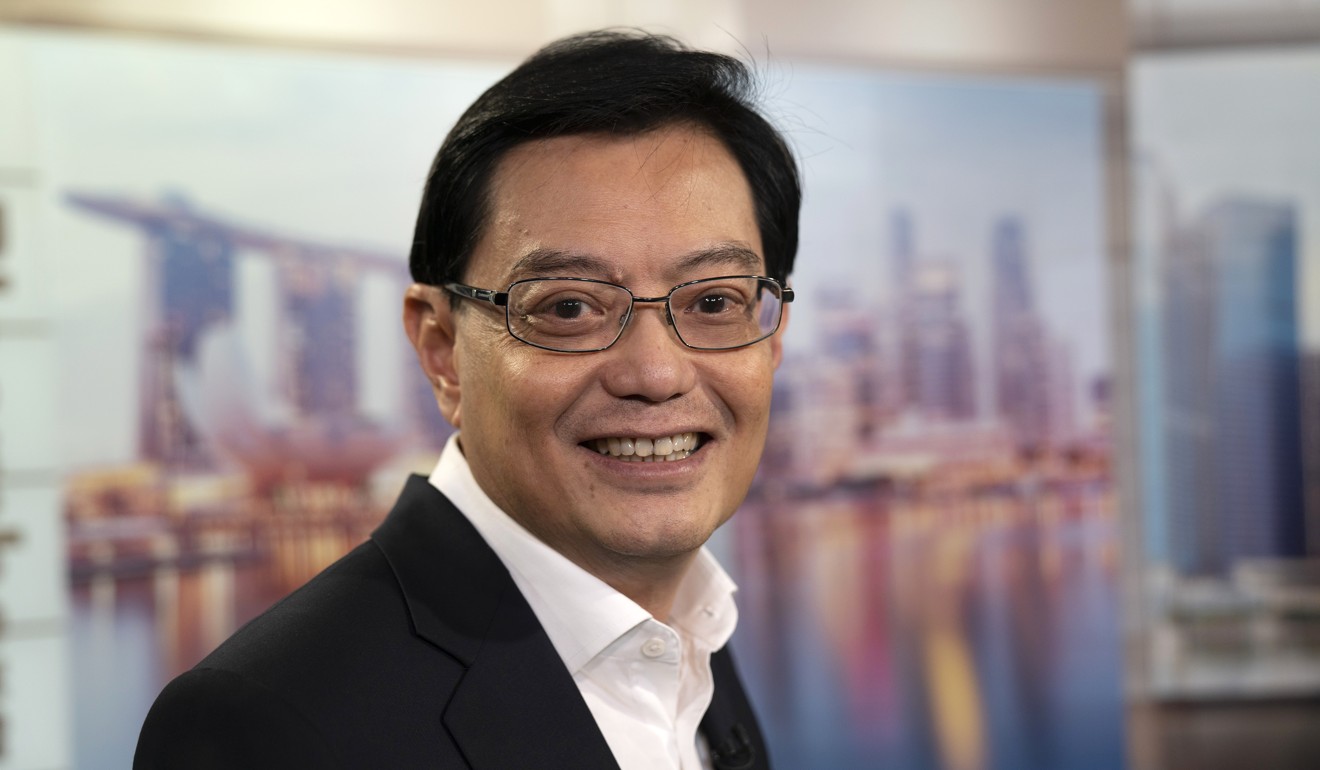
All three entered politics in the past decade and are viewed as possible future PMs, as 66-year-old Lee has pledged to step down by the time he is 70.
After the Chinese Communist Party and the Workers’ Party of North Korea, the PAP has held uninterrupted power the longest in the region, leading the Lion City since 1959.
What’s at stake in Singapore ruling party’s internal elections?
At a party conference on Sunday at the same time as the internal polls, Lee hinted to the 3,200 members that elections may be held as early as next year.
“This may be the last party conference before the next general election,” he told delegates. “The new CEC will be leading the party into the final stretch, gearing up to put our record before the voters.”
Lee said Sunday’s changes were “a major transition point for the party”.
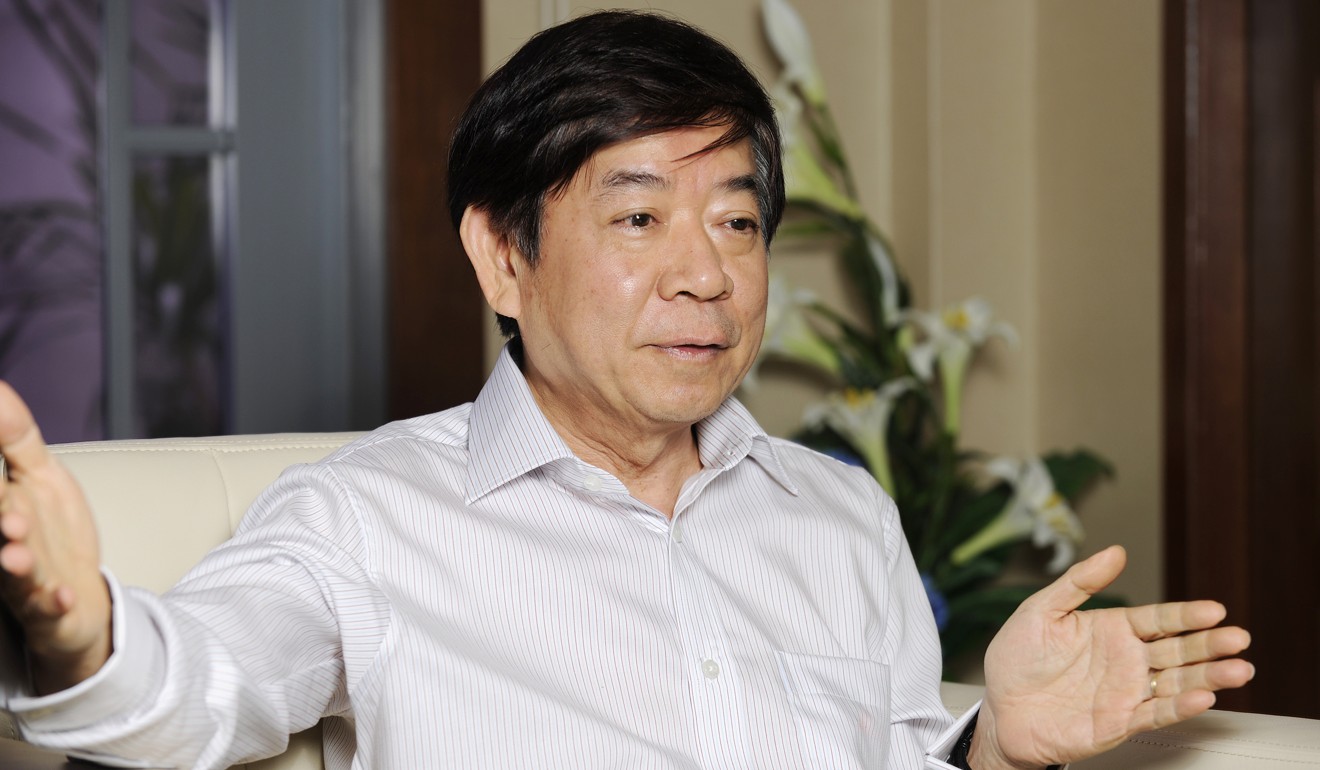
Others who recently stepped down from the CEC were also Lee’s top lieutenants: transport minister Khaw Boon Wan, and Yaacob Ibrahim and Lim Swee Say – two long time cabinet ministers.
Lee described the 4G leadership as a “team of able men and women with a good combination of skills” who had “what it takes to lead Singapore”.
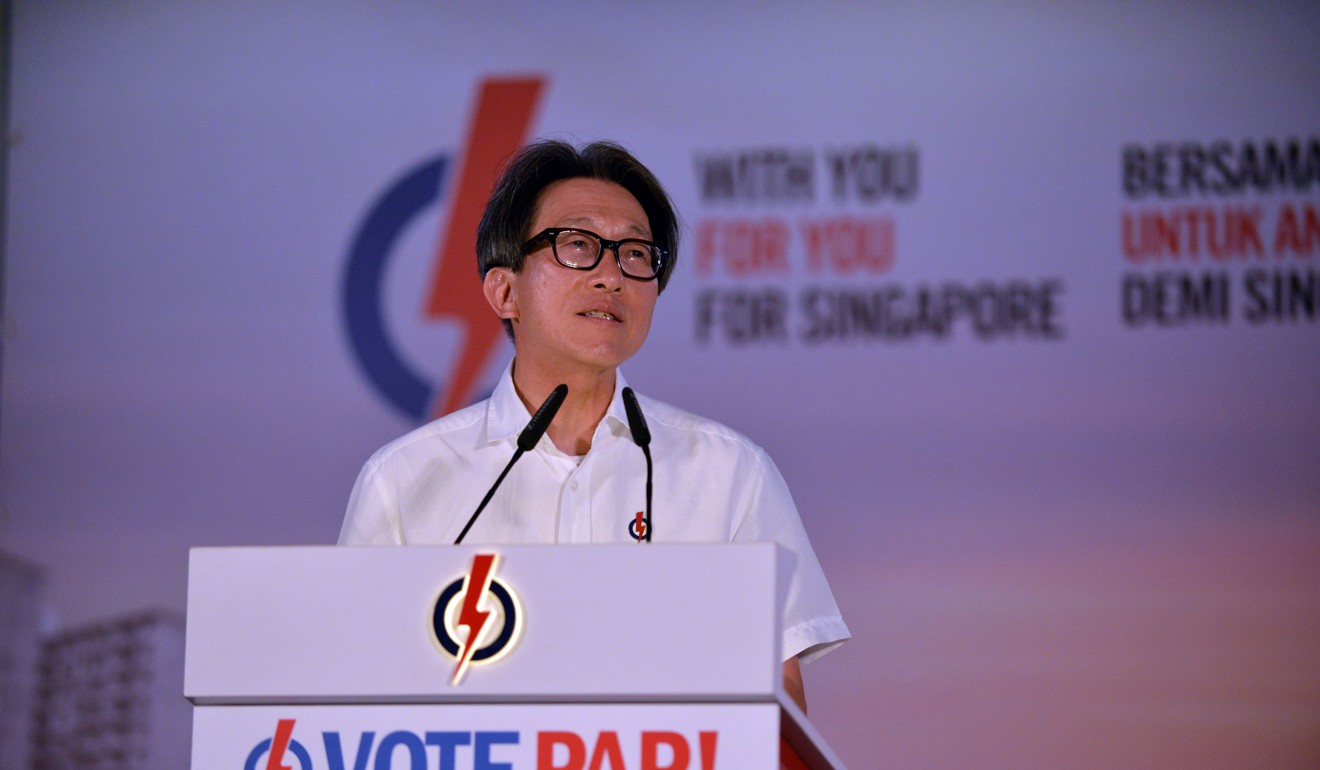
The prime minister, who took power in 2004, said he would announce a cabinet shake-up soon after the new CEC convenes to discuss positions for the new office holders.
‘Three Lees is too much’: Goh Chok Tong on leading Singapore after Lee Kuan Yew
In local media, observers said the 4G leader who is named as one of the party’s two assistant secretary generals is likely to be the next prime minister.
While the new CEC slate is made up of mainly 4G leaders, Lee retained 59-year-old K. Shanmugam, his home affairs and law minister along with Health Minister Gan Kim Yong, also 59.
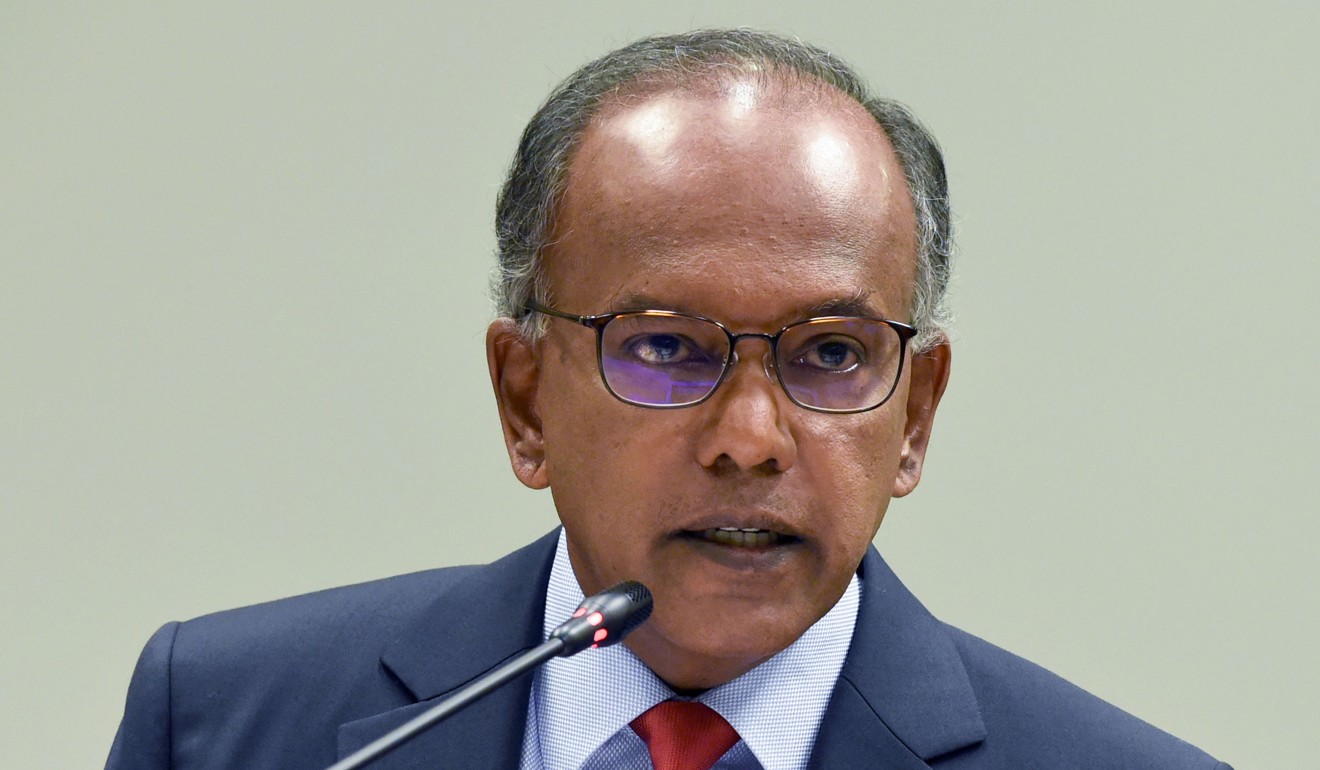
Going by past precedent where a seasoned political hand is given the deputy premiership during a power handover, there is some expectation that Shanmugam, a former top lawyer with significant influence within the party, would be handed that role.
On social media, some Singaporeans bemoaned the fact that Tharman was stepping away from the party’s core leadership – erasing any chance he would take over from Lee.
In politics since 2001, the ethnic Tamil economist’s avuncular speaking style and centrist politics made him one of Singapore’s most popular political figures.
In the 2015 general election, the finance minister at the time won his group constituency with the biggest margin in the country, taking 79.3 per cent of the popular vote.
That topped the 78.6 per cent Lee recorded in his group constituency.
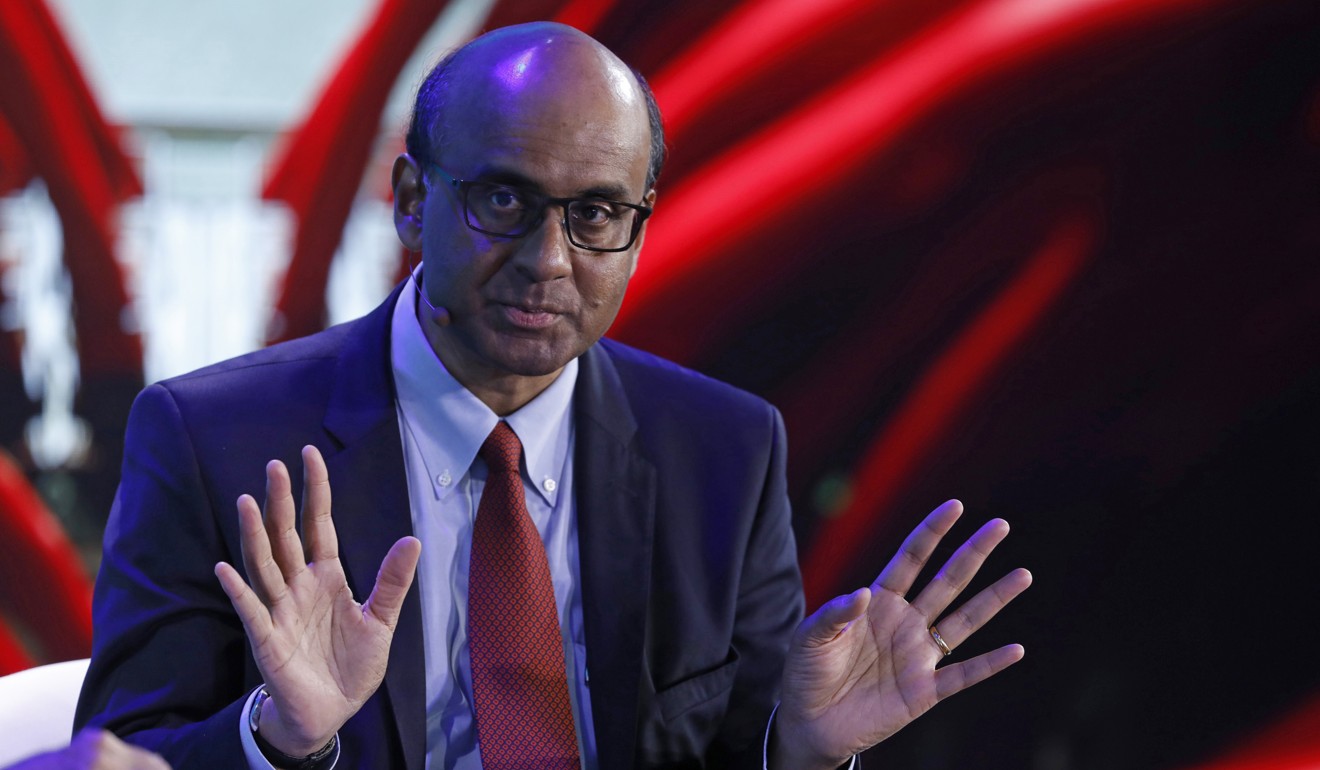
That election was one of the PAP’s best showings, held months after the death of Lee’s father Lee Kuan Yew, the country’s independence leader.
After a 2016 survey commissioned by Yahoo Singapore suggested 61-year-old Tharman, and not Heng, Chan or Ong, were Singaporeans’ preferred successor to Lee, the former central banker said he had no designs on the top job.
Singapore’s political succession: Watch out for the big reveal when the ruling party meets
“It’s not me. I know myself. I know what I can do, and it’s not me,” Tharman said.
Some observers have said he may have been passed over for premier because of his ethnicity.
Lee has said the Chinese-majority city state may not yet be ready for a prime minister from an ethnic minority. Critics have challenged that assumption.
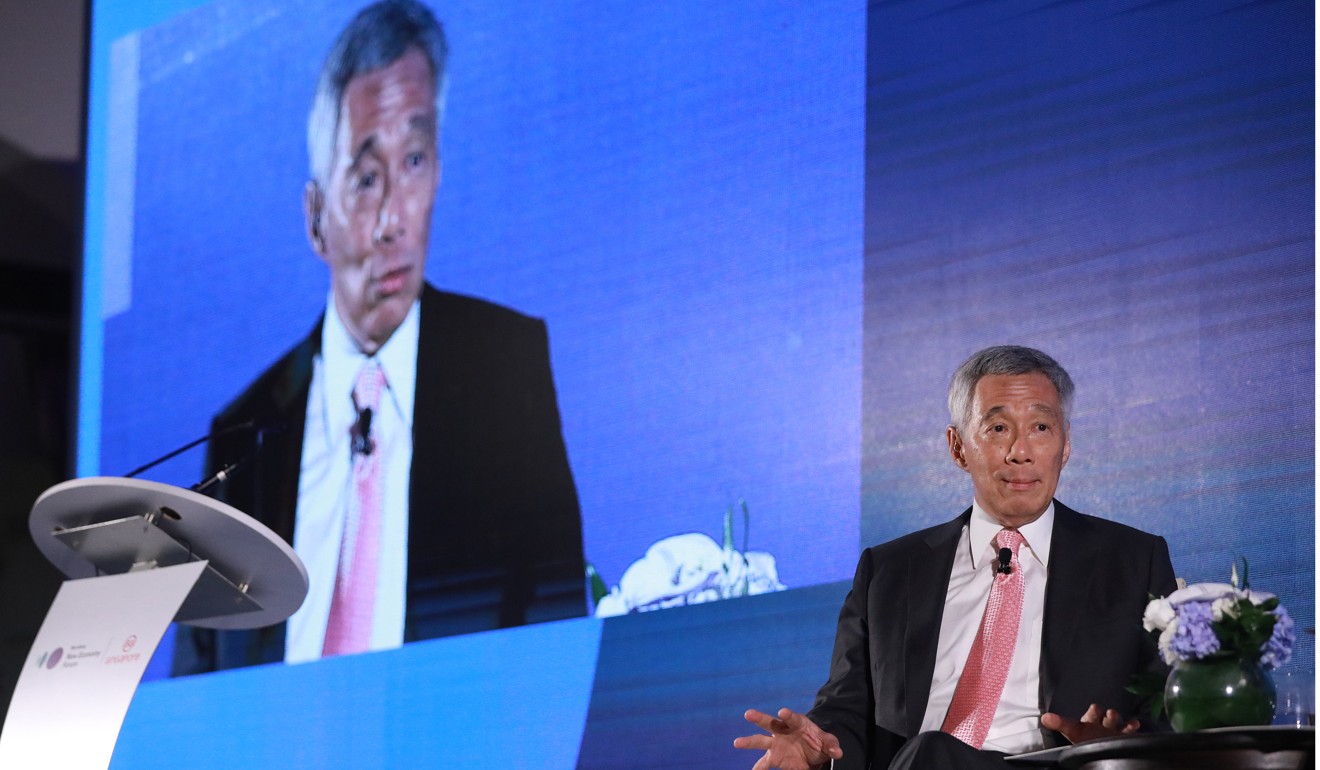
In his speech, Lee paid homage to Tharman and the four others who were stepping down.
“We have fought many battles over the years and gone through ups and downs together. I cannot do justice to the contributions of these five retiring CEC members,” Lee told the conference.
Tharman said in a Facebook post later in the day that he shared the “PM’s confidence in the 4G team”.
“I am sure they will also ensure the PAP remains a broad tent, bringing in diverse views, and will stay in tune with the changing needs and aspirations of Singaporeans,” Tharman said.
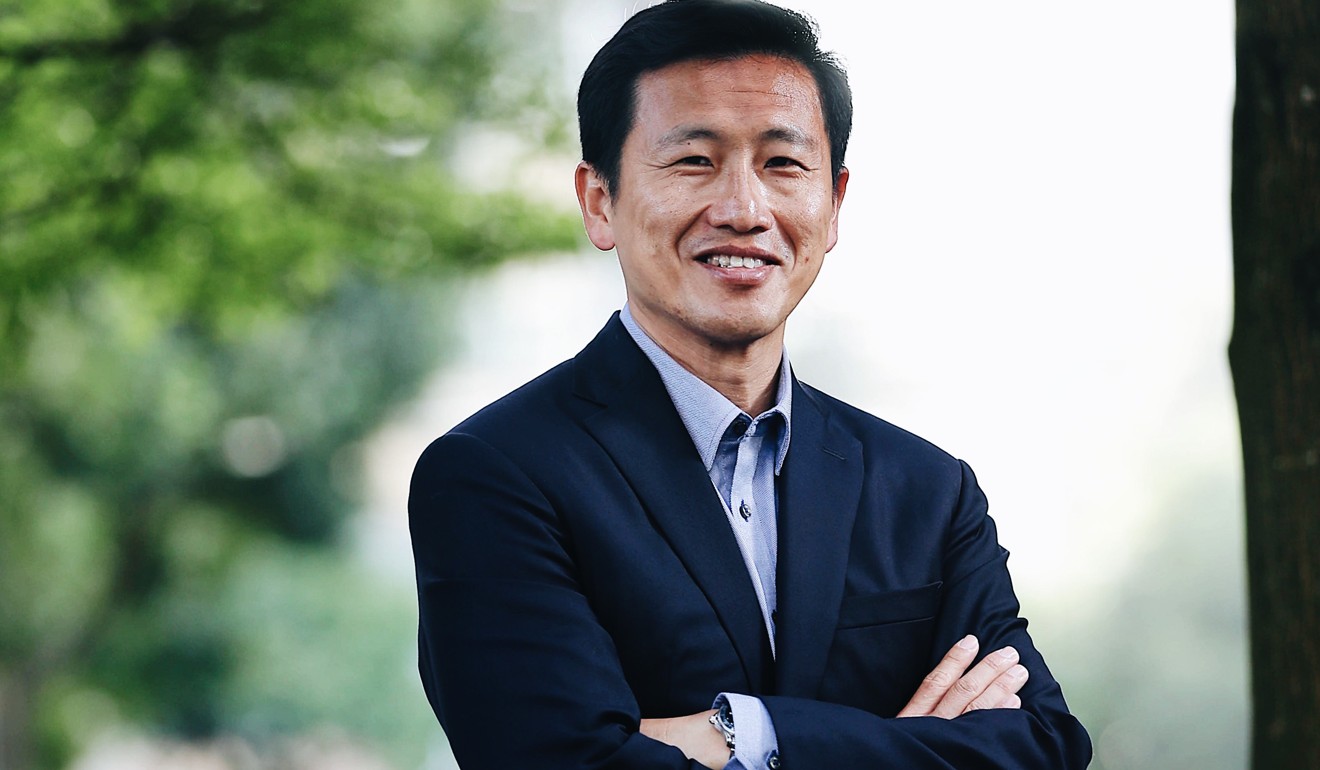
Also writing on Facebook, Ong Ye Kung, one of three men viewed as front runners to be prime minister, thanked the old guard for stepping down to make way for fresh blood.
“I am deeply grateful to them. We will work as a united team, and continue to count on your guidance and mentorship,” Ong wrote.

